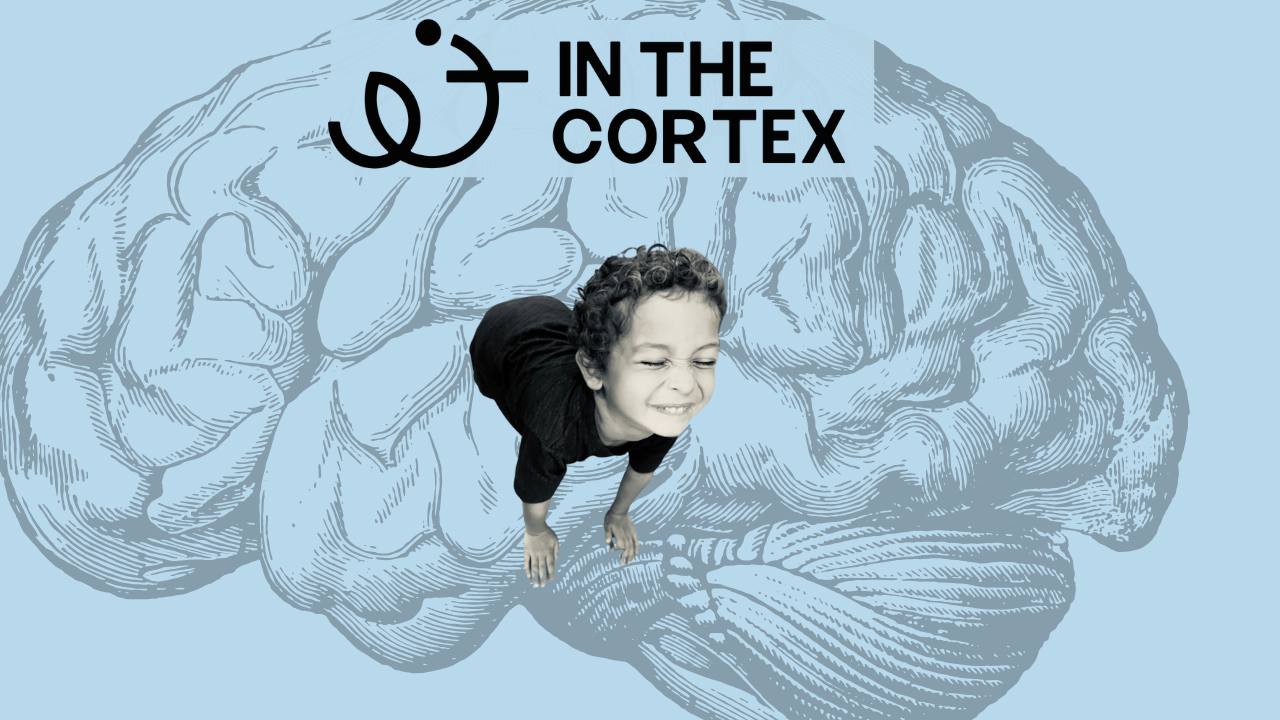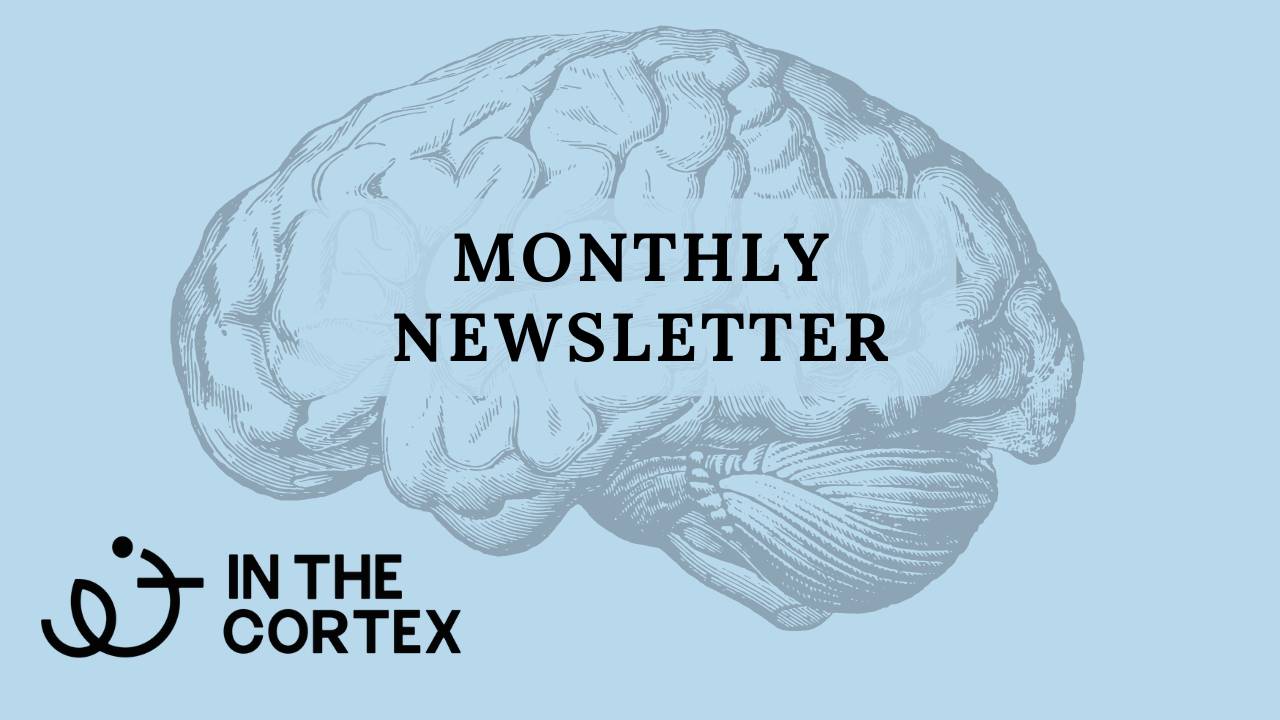How Do We Connect the Dots?
If you're already an ITC member, you've probably felt this before. If you're not an ITC member yet, you still know the feeling.
You start a new habit. Something you've been wanting to do to improve your mental health, physical health, your work performance, or your relationships. It's a positive step in the direction you want, and you're all in and super excited.
What happens in the brain when you're doing these things?
We have a system in our brain called the Reticular Activating System (RAS). This part of the brain, located throughout the brainstem, plays an important part in many daily functions. Today, we're talking about its role in attention.
The RAS is always ready to do its job and tell the rest of the brain where to put its attention. So, when we gain a new interest or learn something new, it starts to put more and more attention there. That's what happens when we first start our new habit. We're telling our RAS to look out for the shifts and changes we expect.
And yes, we underlined that for a reason.
When we start these new habits, we have certain expectations. For example, if we start going to the gym to get strong, we're expecting to gain muscle. We probably also feel more energized throughout the day, sleeping better, being in a better mood, regulating our mealtimes, and so many other changes. But if our RAS isn't prepped to see them, we might miss those extra benefits completely!
We get so used to our own patterns, behaviors, reactions, compensations, and even our challenges, that it's not always easy to see the shifts when they occur - especially if we weren't expecting them!
This happens all the time when we're reorganizing our brains. Going from being in constant fight-or-flight mode to rest-and-digest mode means going from only focusing on what's right in front of us (and usually only focusing on ourselves) to slowly being able to shift into safety and gain the ability to zoom out and see the bigger picture. And guess what's in that bigger picture? All the changes we were not expecting.
It's no biggie; sometimes we just need a little help connecting those dots.
That's what community is for!
How many times have you noticed shifts in your friends and family, and when you tell them about it, they had no idea?
And how many times has someone done that to you?
That's why one of the most important pieces of our program is our supportive, growing community. We're all here for the same reason: we want to help our brains and our families' brains feel better. There is no judgment and no expectation: you can come and share as much or as little as you'd like. We're all here to learn from each other every day!
Keep an eye out for some really exciting new developments in our ITC community!
If you haven't signed up yet, now is your moment: schedule a free 15-minute call to talk about how ITC can help you and your loved ones :)
Talk soon,
Paloma and Dani





Responses